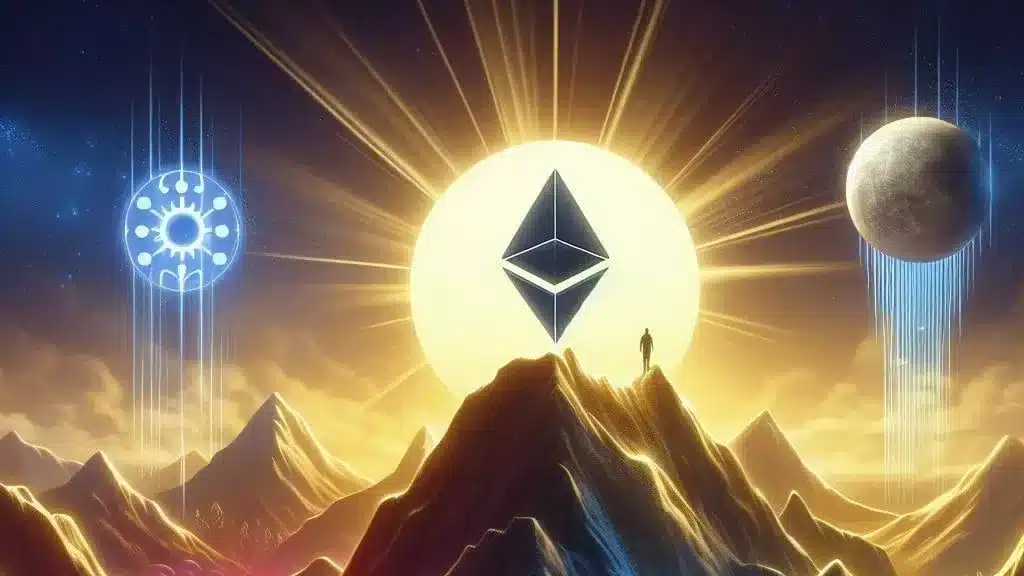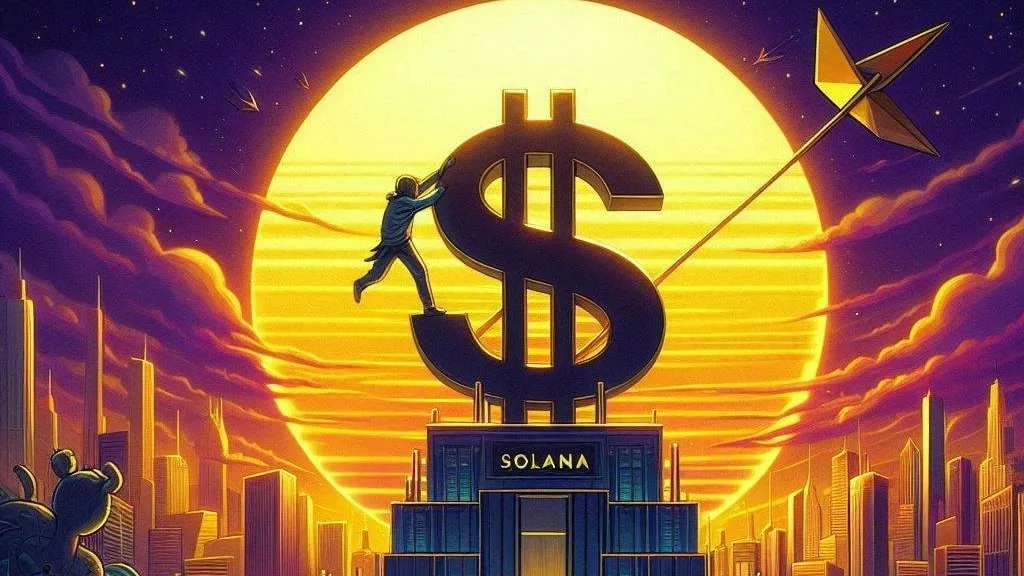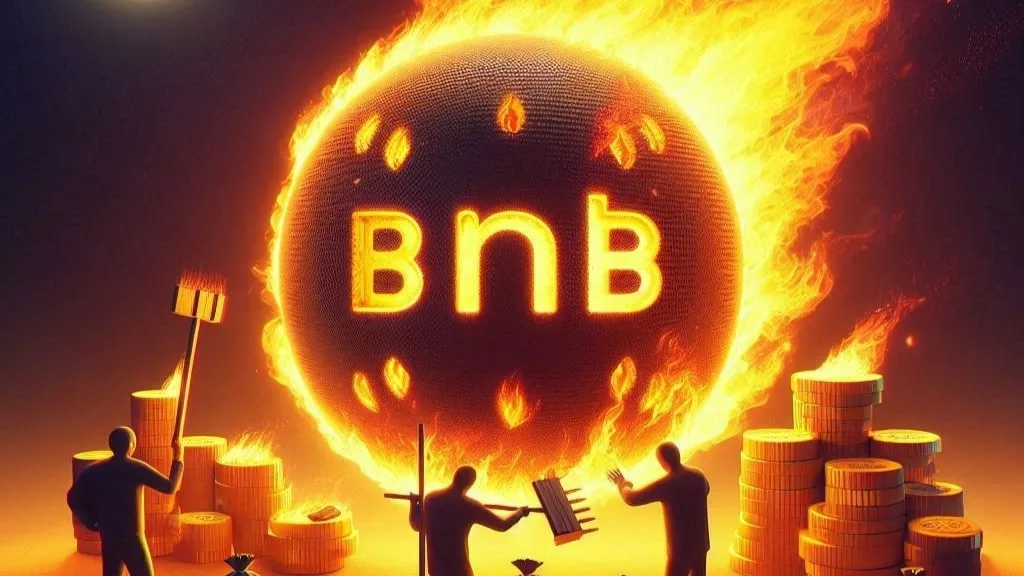
Cardano (ADA) has made headlines by decisively winning a recent poll conducted by Weiss Crypto, a respected ratings agency in the cryptocurrency sector. The survey, which garnered over 7,000 votes, revealed that a staggering 76% of respondents believe Cardano boasts the best technology among altcoins. This result significantly overshadowed competitors like Ethereum (6.7%) and Solana (8.1%), highlighting the strong support for Cardano within the community.
The impressive outcome of the poll underscores a growing confidence in Cardano’s technological capabilities. Charles Hoskinson, the founder of Cardano, responded to the survey results with a characteristic remark, saying simply, “Nice poll.” His reaction reflects a mix of pride and acknowledgment of the community’s enthusiasm.
Supporters argue that Cardano’s strength lies in its robust technological framework. The platform emphasizes a scientific approach to blockchain development, utilizing formal verification techniques to ensure security and reliability. This meticulous focus on quality has helped Cardano carve out a reputation as one of the most advanced blockchain technologies available.
Cardano distinguishes itself through its commitment to peer-reviewed research, which forms the basis of its development strategy. This methodical and often cautious approach to upgrades and scalability has attracted a dedicated developer community. As a result, many view Cardano as a promising platform for future advancements in the crypto space.
However, while the poll reflects a strong belief in Cardano’s potential, it’s essential to consider objective metrics. In terms of Total Value Locked (TVL), transaction volume, and real-world use cases, Cardano still trails behind Ethereum and Solana. Both Ethereum and Solana have established themselves as dominant players in decentralized finance (DeFi) and non-fungible tokens (NFTs), capitalizing on their faster transaction speeds and lower fees.
Ethereum remains the leading platform for smart contracts and DeFi applications, with a rich ecosystem that continues to attract developers and users alike. Solana, on the other hand, has gained popularity due to its high throughput and minimal transaction costs, appealing to users looking for efficiency and speed.
Despite its technological promise, Cardano faces challenges in translating its advantages into widespread adoption. While the community is enthusiastic about its capabilities, practical applications and user engagement remain crucial factors that determine a blockchain’s success.
The path to mainstream acceptance is littered with obstacles for Cardano. Although the platform’s technological foundation is solid, translating this into practical use cases is vital for its long-term viability. Cardano’s slow and steady approach, while thoughtful, may hinder its ability to keep pace with the rapid developments seen in other platforms like Ethereum and Solana.
In conclusion, while Cardano’s recent poll victory reflects a strong belief in its technological superiority, the project must overcome significant hurdles to realize its full potential. The enthusiasm from its community is encouraging, but as the landscape evolves, Cardano will need to demonstrate its practical applicability and usability to catch up with its more established competitors. For now, it remains a project full of promise, with its future unfolding in an increasingly competitive market.


Get the latest Crypto & Blockchain News in your inbox.